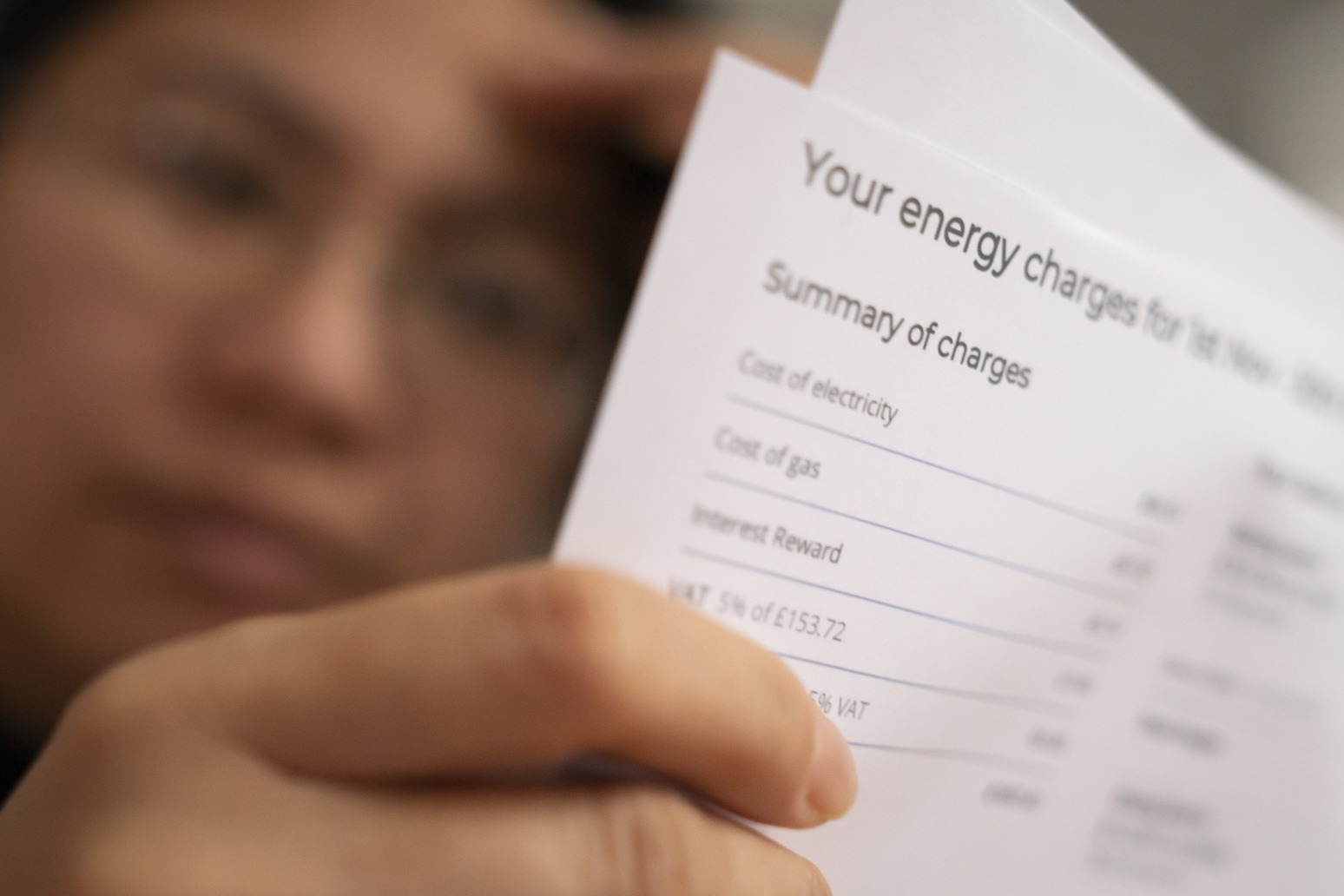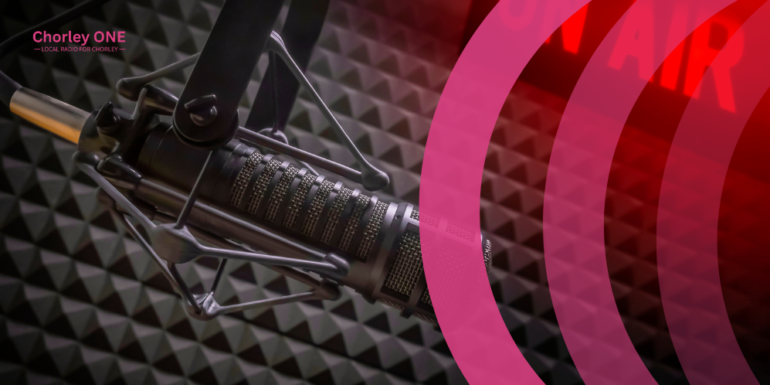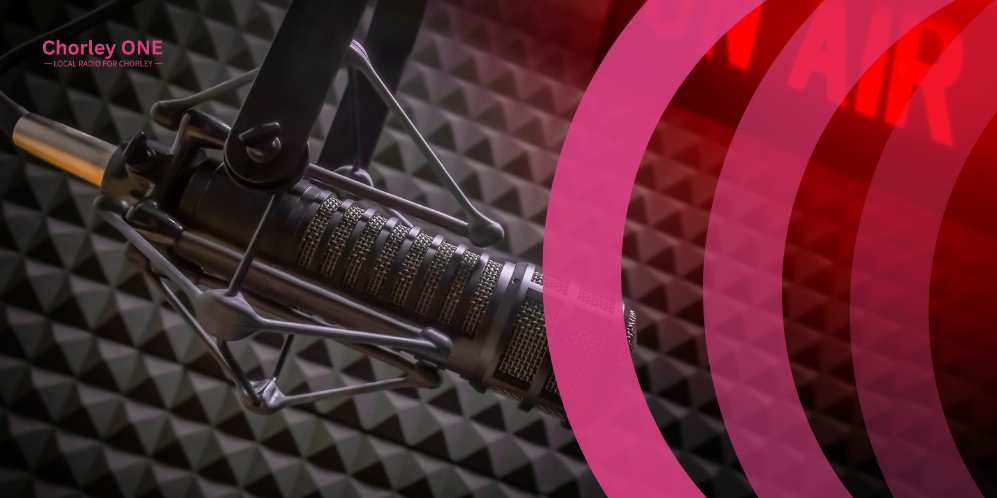-
 play_arrow
play_arrow
Chorley ONE Local Radio for Chorley
Inflation soars to highest for more than a year on awful April bill increases


UK inflation surged to its highest level for more than a year last month after households were hit by a raft of “awful April” bill increases, official figures have revealed.
The Office for National Statistics (ONS) said Consumer Prices Index (CPI) inflation hit 3.5% in April, up from 2.6% in March and the highest since January 2024.
The steep rise in inflation was also the largest since October 2022, at the height of the energy crisis.
Economists had been expecting a rise to 3.3% last month.
It comes after Ofgem’s energy price cap rose by 6.4% in April, having fallen a year earlier, alongside a raft of bill rises for under-pressure households, including steep increases to water charges, council tax, mobile and broadband tariffs.
Chancellor Rachel Reeves said she is “disappointed” with the jump in inflation, but pledged to go “further and faster” with economic plans.
She said: “I am disappointed with these figures because I know cost-of living pressures are still weighing down on working people.
“We are a long way from the double-digit inflation we saw under the previous administration, but I’m determined that we go further and faster to put more money in people’s pockets.”
Experts have said inflation may also have been pushed higher as many firms responded to the Government’s move to raise national insurance contributions (NICs) and the minimum wage last month by increasing prices.
Shadow chancellor Sir Mel Stride blamed Labour’s “damaging” tax increase for the rise in inflation.
He said: “We left Labour with inflation bang on target, but Labour’s economic mismanagement is pushing up the cost of living for families – on top of the £3,500 hit to households from the Chancellor’s damaging jobs tax.
“Families are paying the price for the Labour Chancellor’s choices.”
Last month’s higher-than-expected inflation may also see the Bank of England tread more cautiously with cuts to interest rates after this month’s reduction from 4.5% to 4.25%, economists said.
Rob Wood, at Pantheon Macroeconomics, said he believes inflation will stay around 3.5% for the rest of the year.
He said: “We think the Monetary Policy Committee will have to proceed cautiously.
“We stick with two more rate cuts this year, but are very close to reducing that to only one.”
The unwelcome increase back above 3% comes after some recent respite, with inflation having fallen for the two previous months.
The ONS said water inflation across housing, water and energy bills surged by 7.8% in the year to April, which was the highest since June 2023.
Within this, water and sewerage charges raced 26.1% higher during April – the largest rise since at least February 1988, according to the ONS.
ONS acting director-general Grant Fitzner said: “Gas and electricity bills rose this month compared with sharp falls at the same time last year due to changes to the Ofgem energy price cap.
“Water and sewerage bills also rose strongly this year, as did vehicle excise duty, which all pushed the headline rate up to its highest level since the beginning of last year.”
Air fares also contributed to the inflation jump, rising by 27.5% during the month due largely to the timing of Easter, which was the second highest highest monthly rise since records began.
But Mr Fitzner added that these increases were “partially offset by falling prices for motor fuels and clothing, driven by heavy discounting for children’s garments and women’s footwear”.
Elsewhere, the data showed the ONS’s preferred measure of inflation, Consumer Prices Index including owner occupiers’ housing (CPIH), rose to 4.1% in April from 3.4% in March.
Meanwhile, the Retail Prices Index (RPI) rate of inflation lifted to 4.5% from 3.2%.
Published: by Radio NewsHubClick here to read this story in full at Radio News Hub
Written by: admin
Similar posts
Latest News
- Trump uses White House meeting to confront South African president over farmers
- Kneecap star Liam OHanna charged with terrorism offence
- Excitement building in Bilbao ahead of Europa League final
- Inflation soars to highest for more than a year on awful April bill increases
- World first gonorrhoea vaccine programme set to be rolled out
Top popular

Weight loss jabs could help cut alcohol consumption study suggests

Bargain Hunt expert admits failing to report art sales to Hezbollah financier

Relaxing lottery rules in NI would hand charities multimillion funding boost

Visas for care workers to be stopped to curb immigration

Henry Pollock vows to be himself as Lions pick sparks comparison to Luke Littler
Copyright THe Mediasite - 2024








